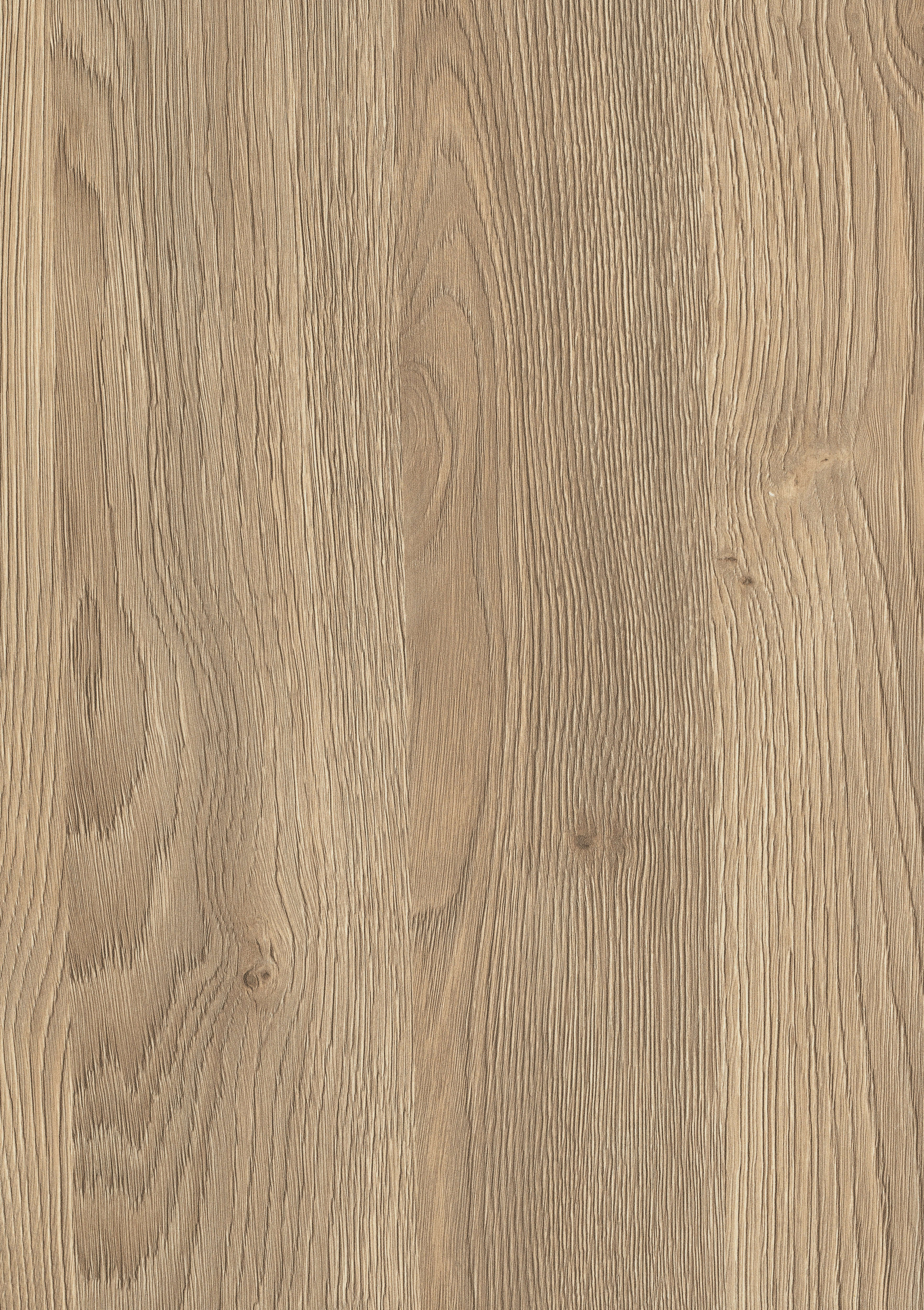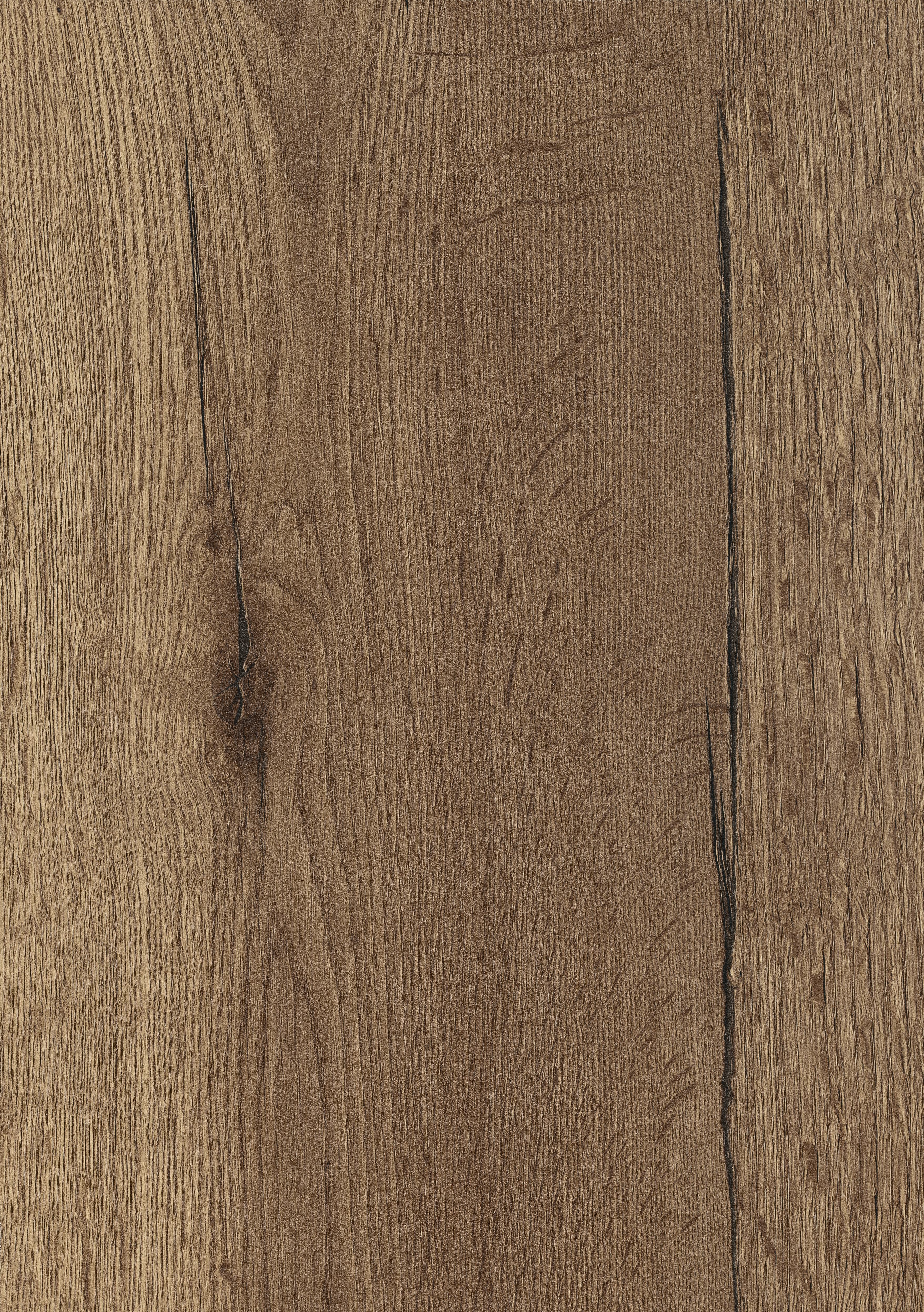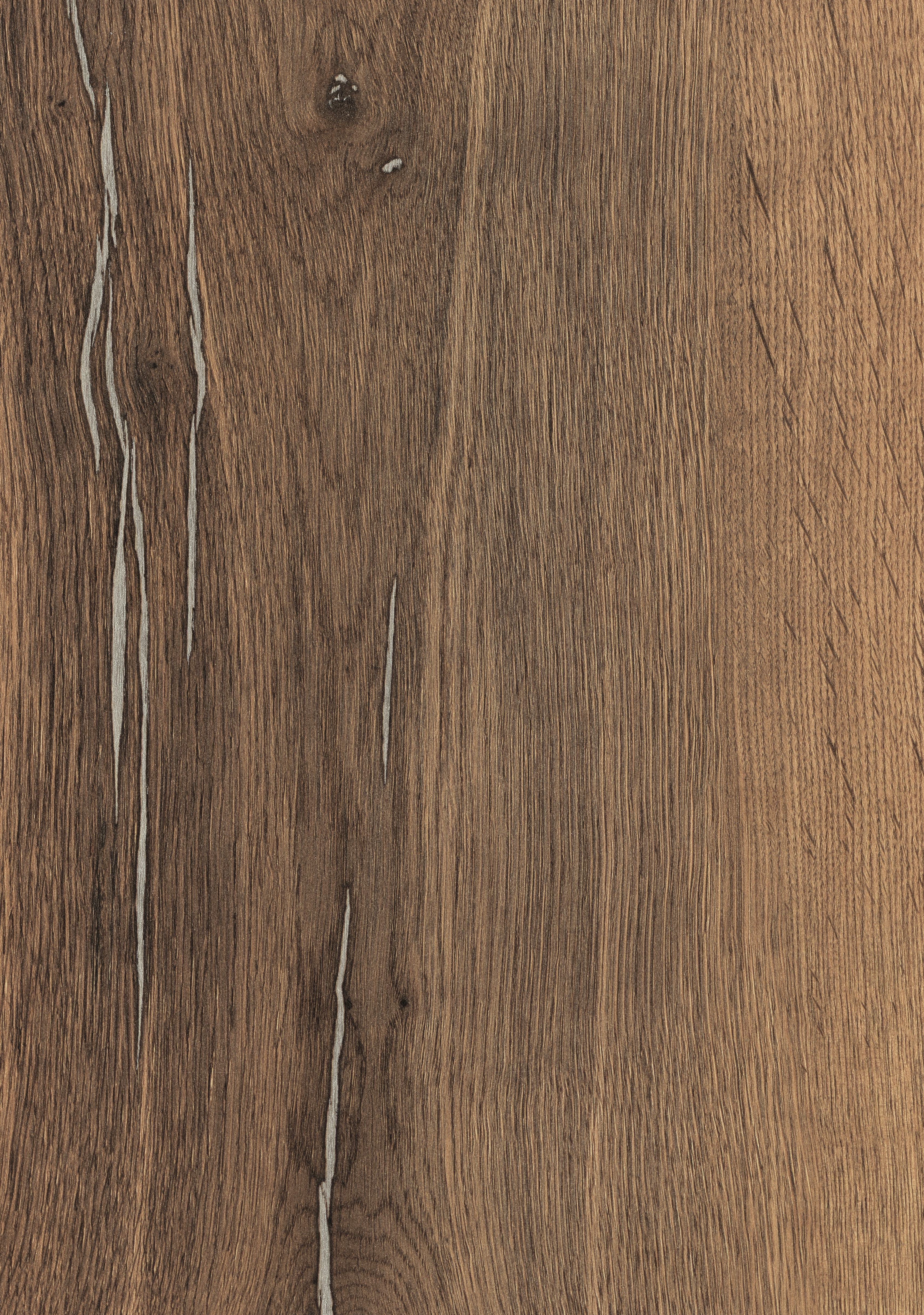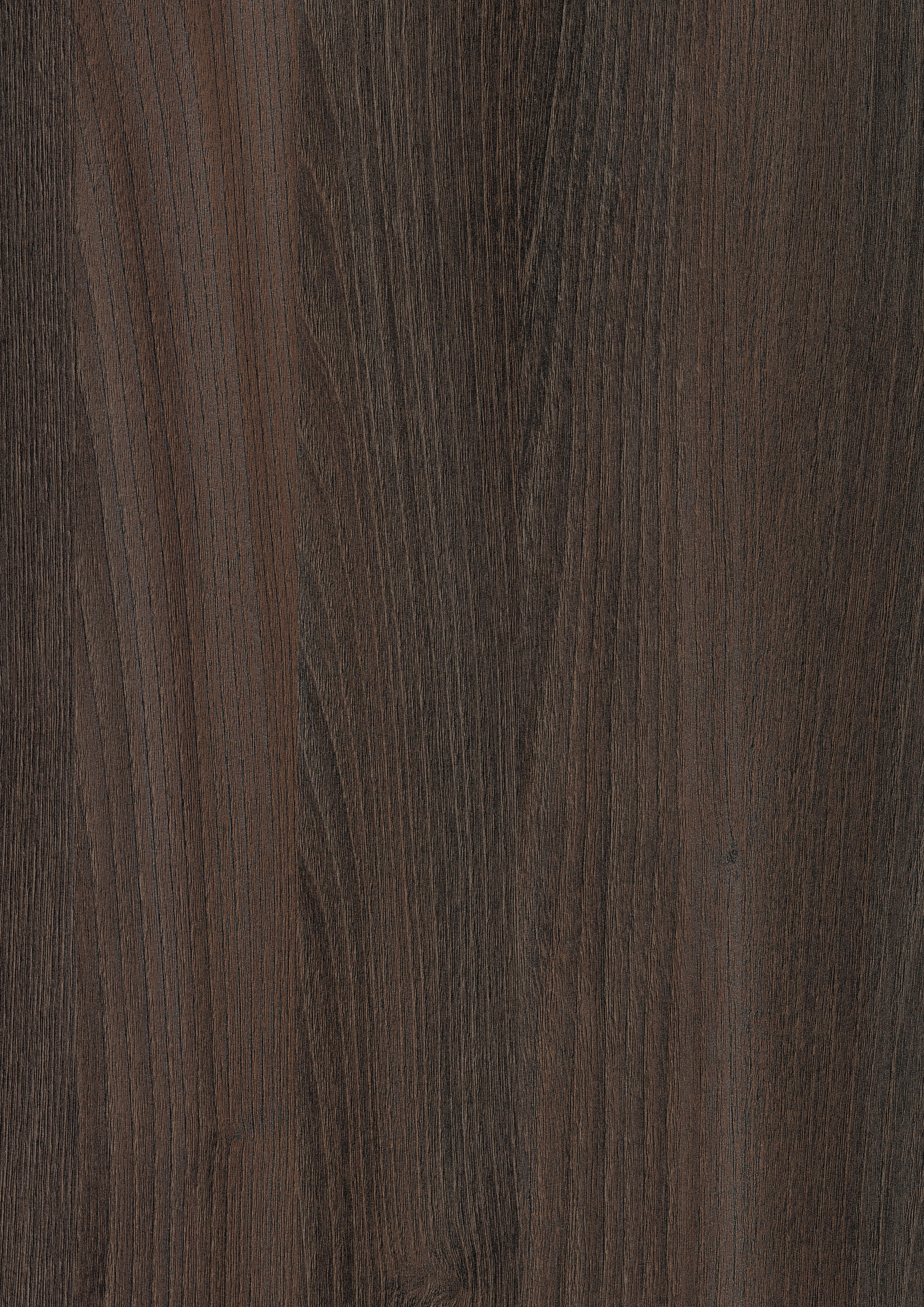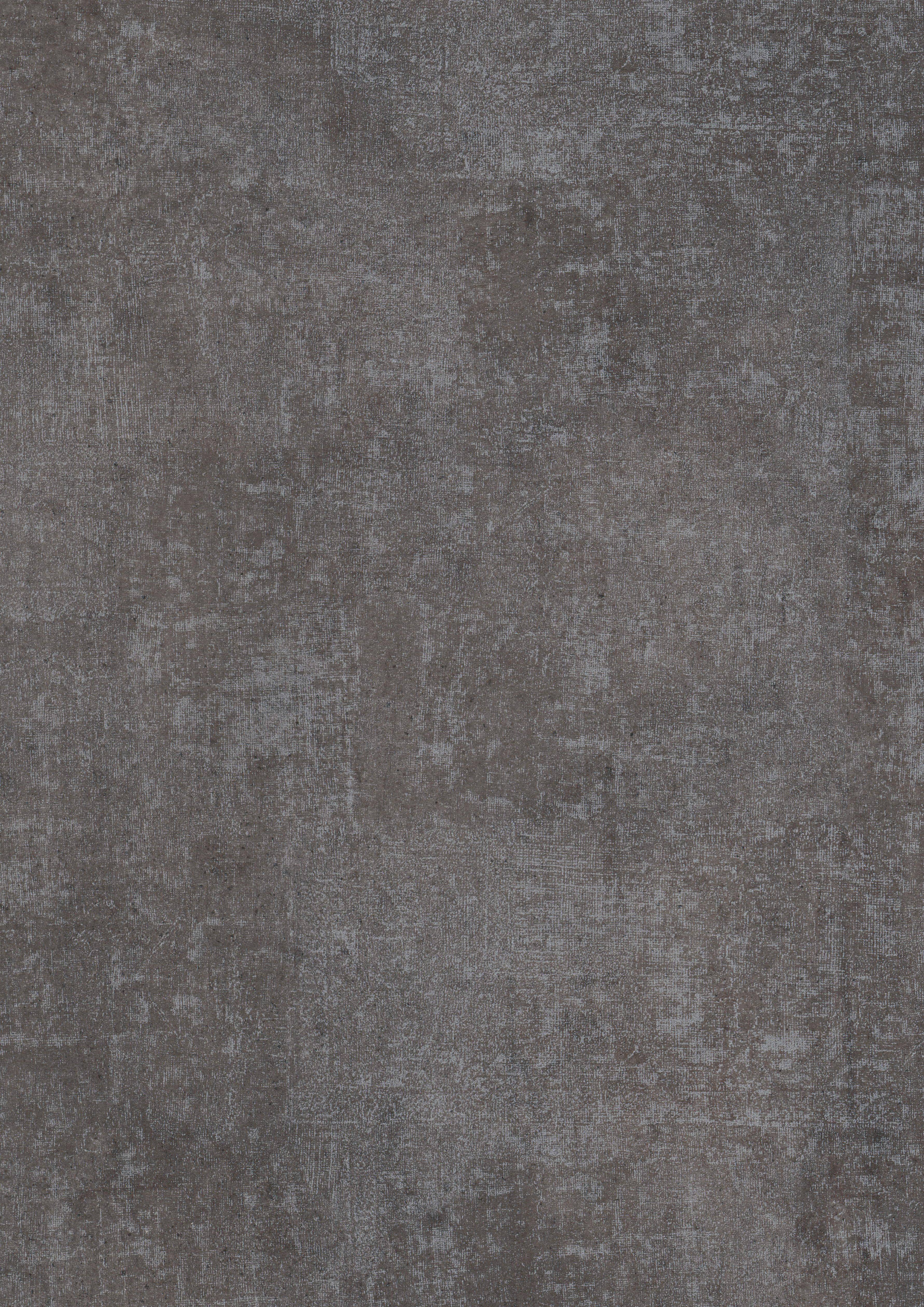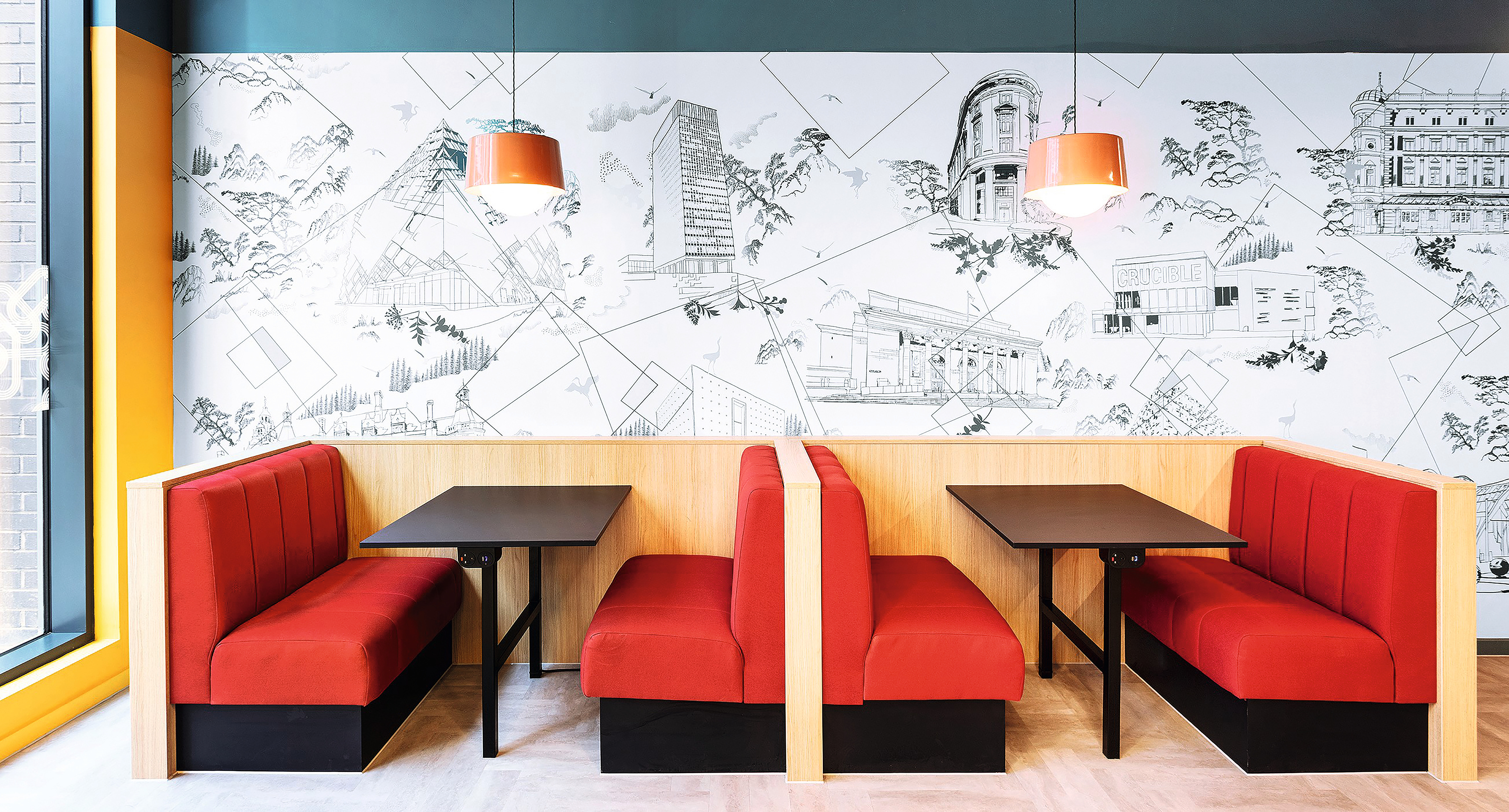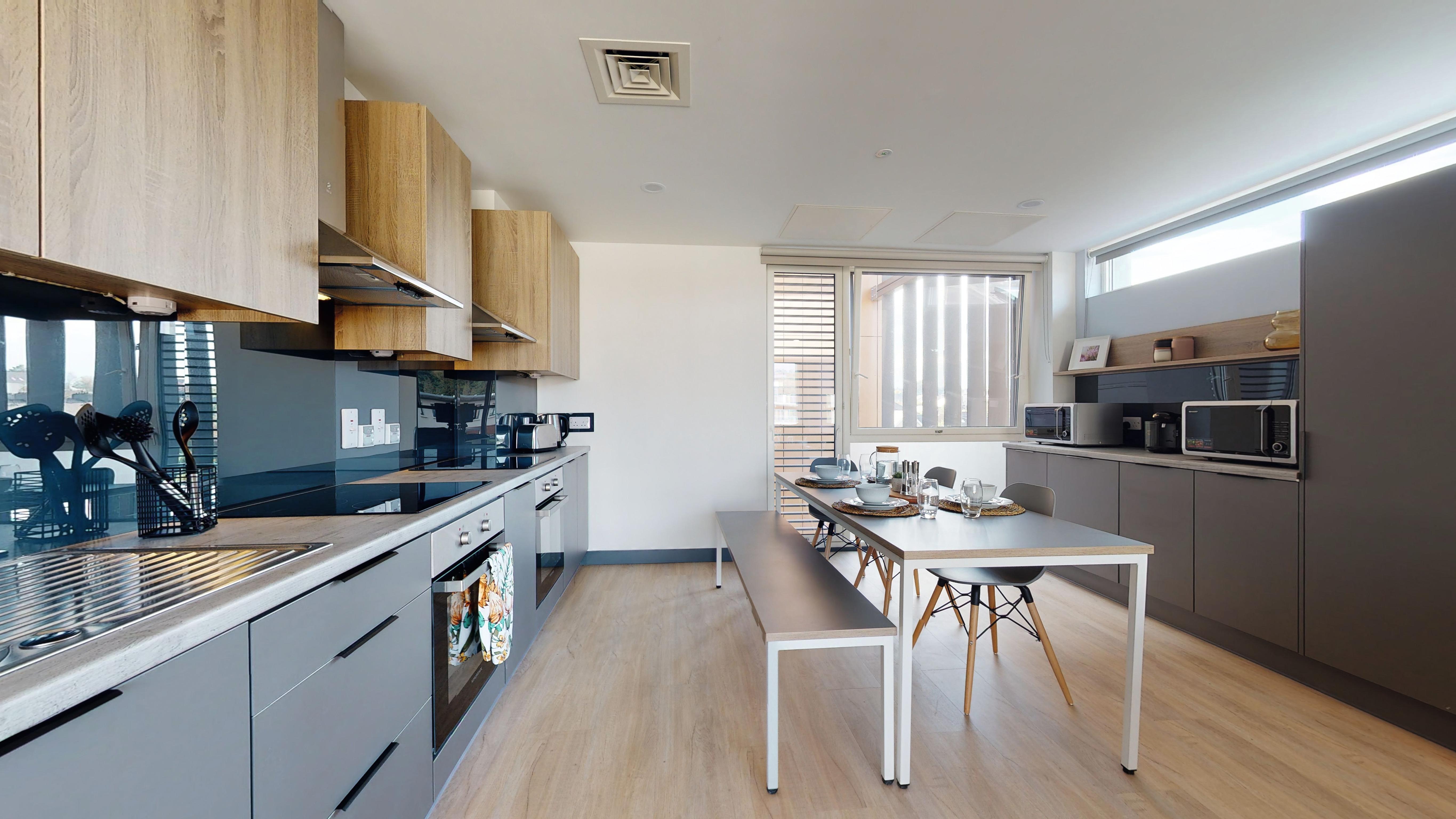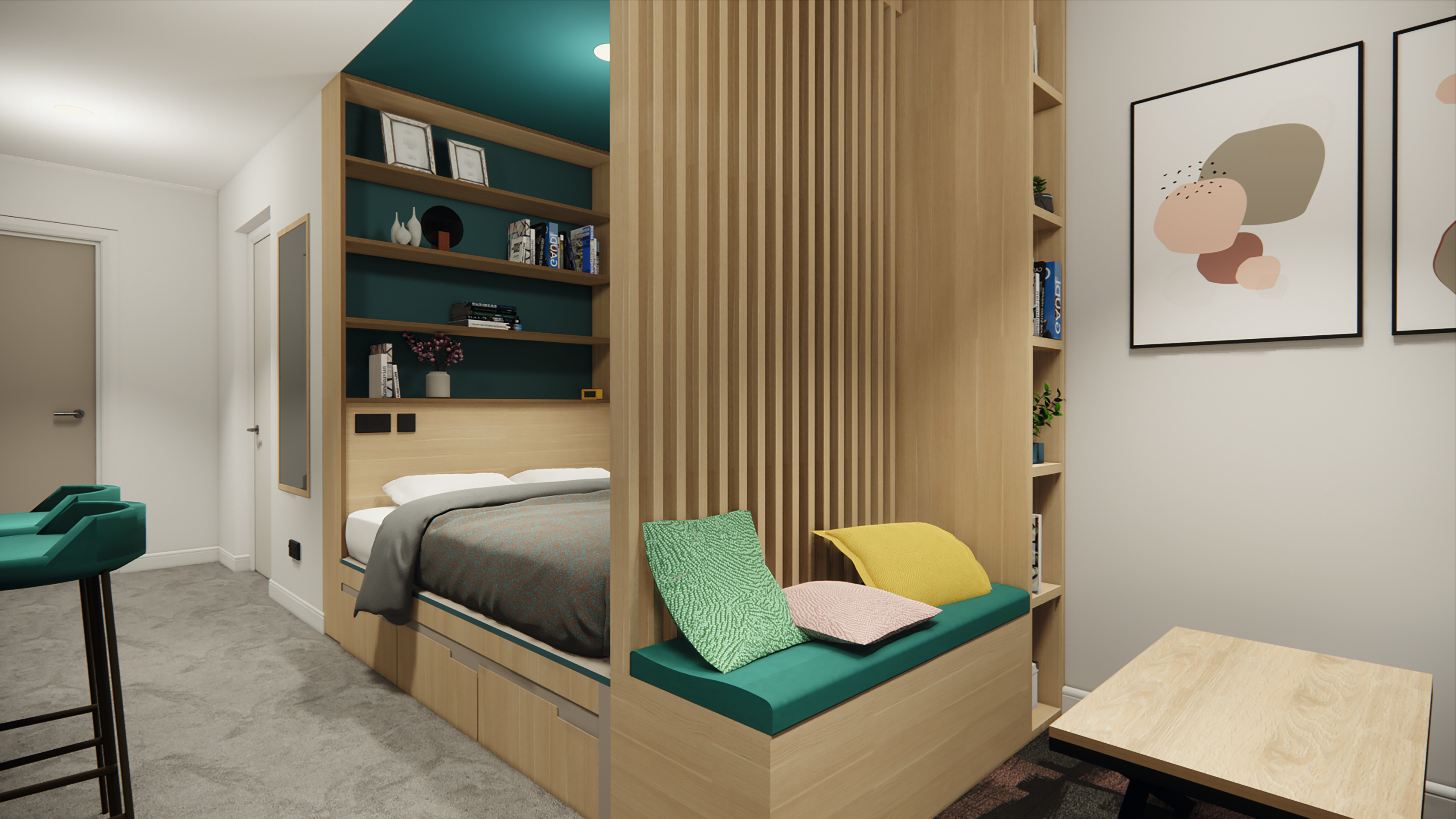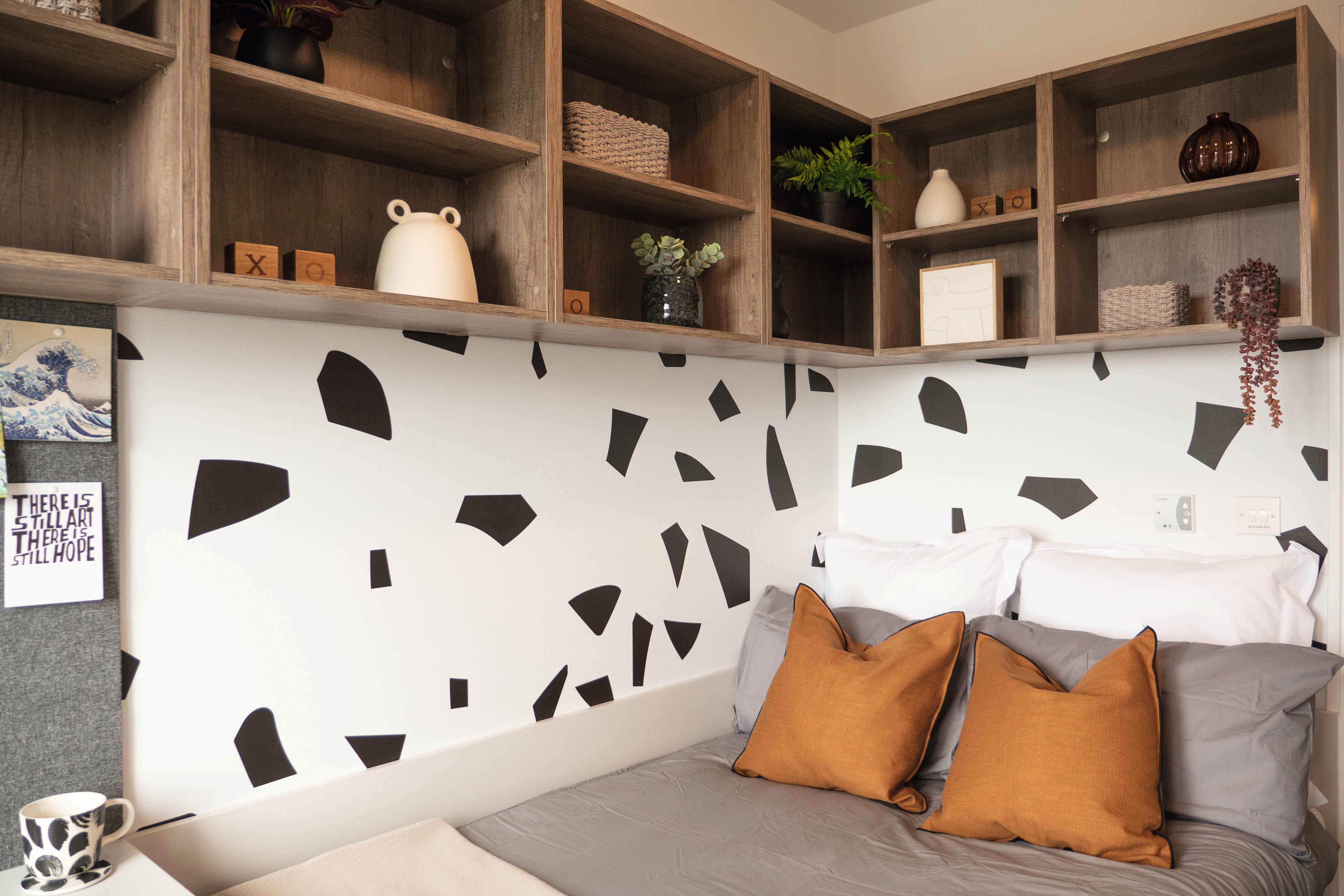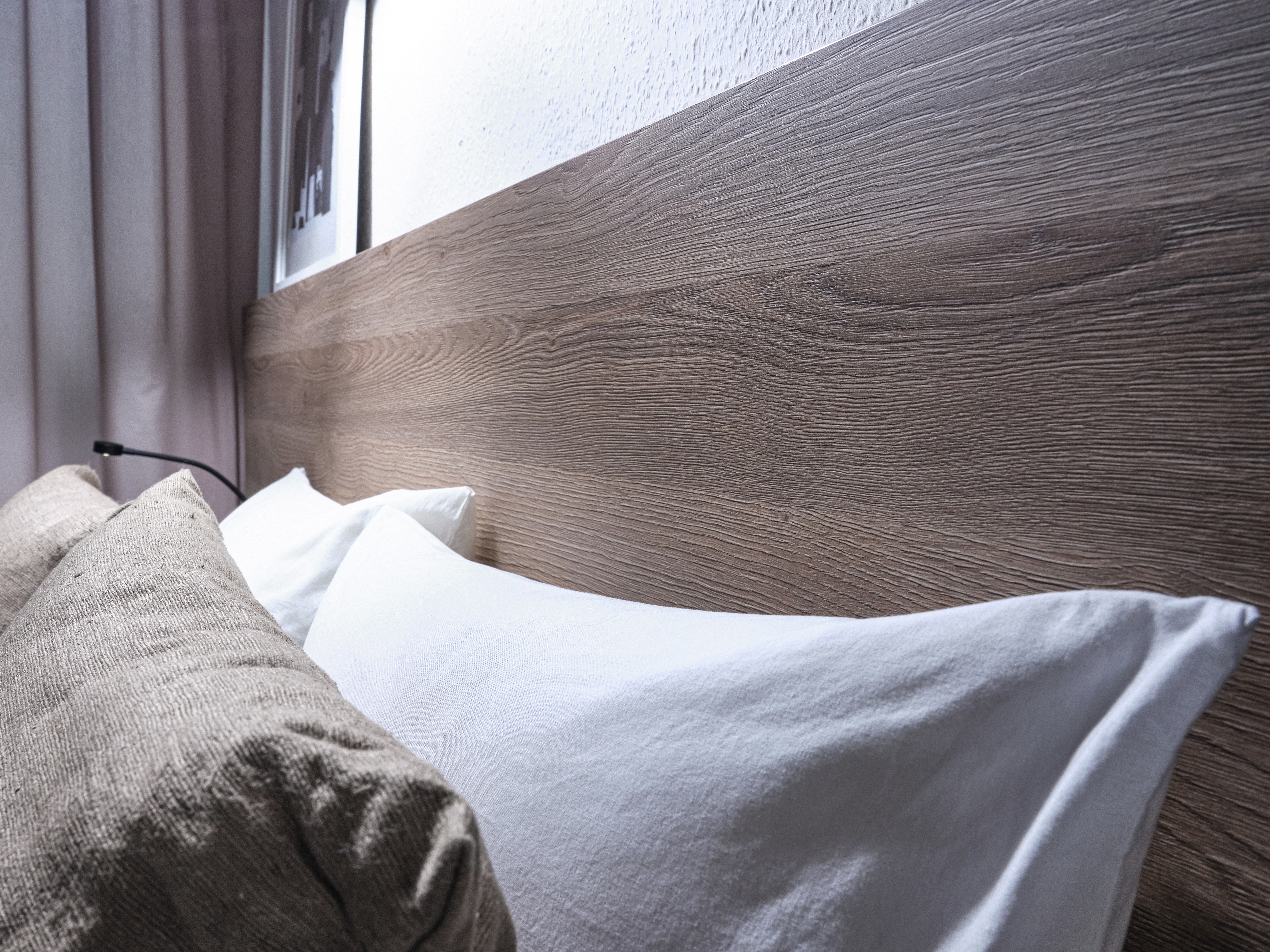
‘Greenflation’ is now a common industry term, referring to the increased capital developers spend to comply with climate objectives.
Is it necessary? Not in interiors. Despite common misconception, sustainable need not mean costly. In fact, it can be significantly cost saving.
Here, we explore some examples.
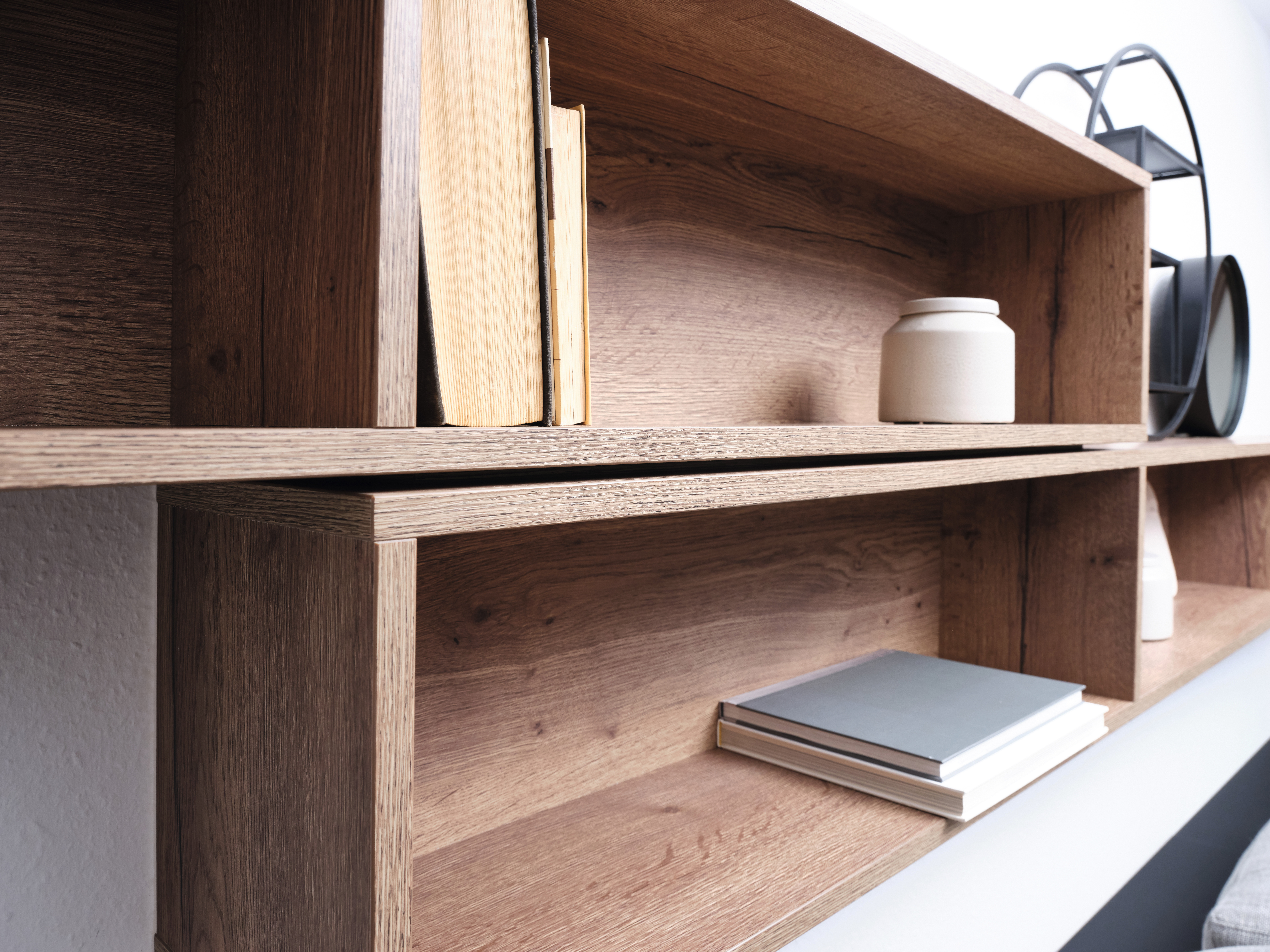
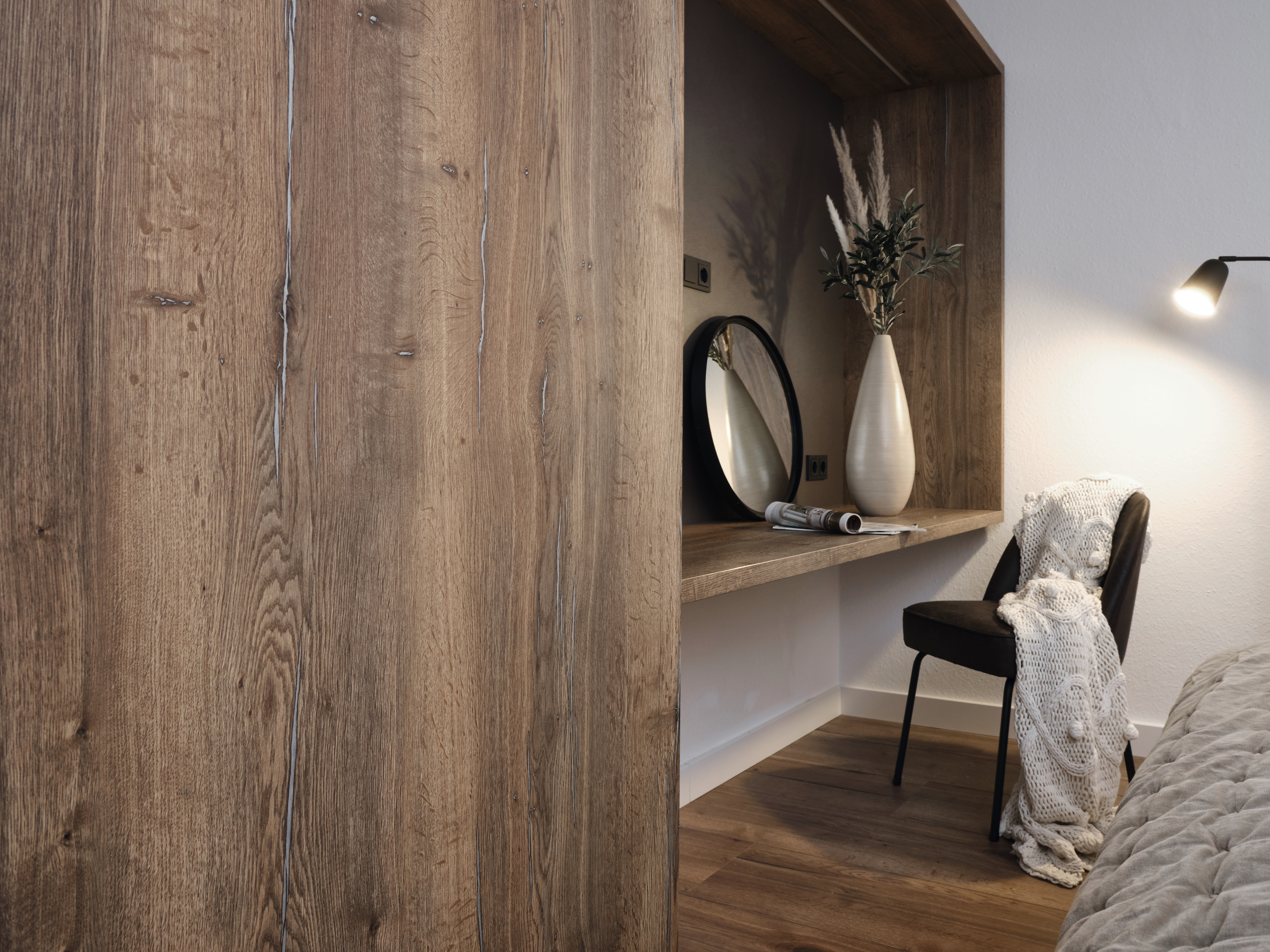
Specifying timber or wood veneer?
Solid oak can currently be 200% more costly than Eurodekor MFC in Feelwood decors.
MFC can be used for desks, shelving, wardrobes, beds, headboards, vanities and kitchen cabinets – almost all of the furniture requirements in a PBSA unit.
This, and its negative embodied carbon, means using Eurodekor MFC can significantly reduce the environmental impact of a unit.
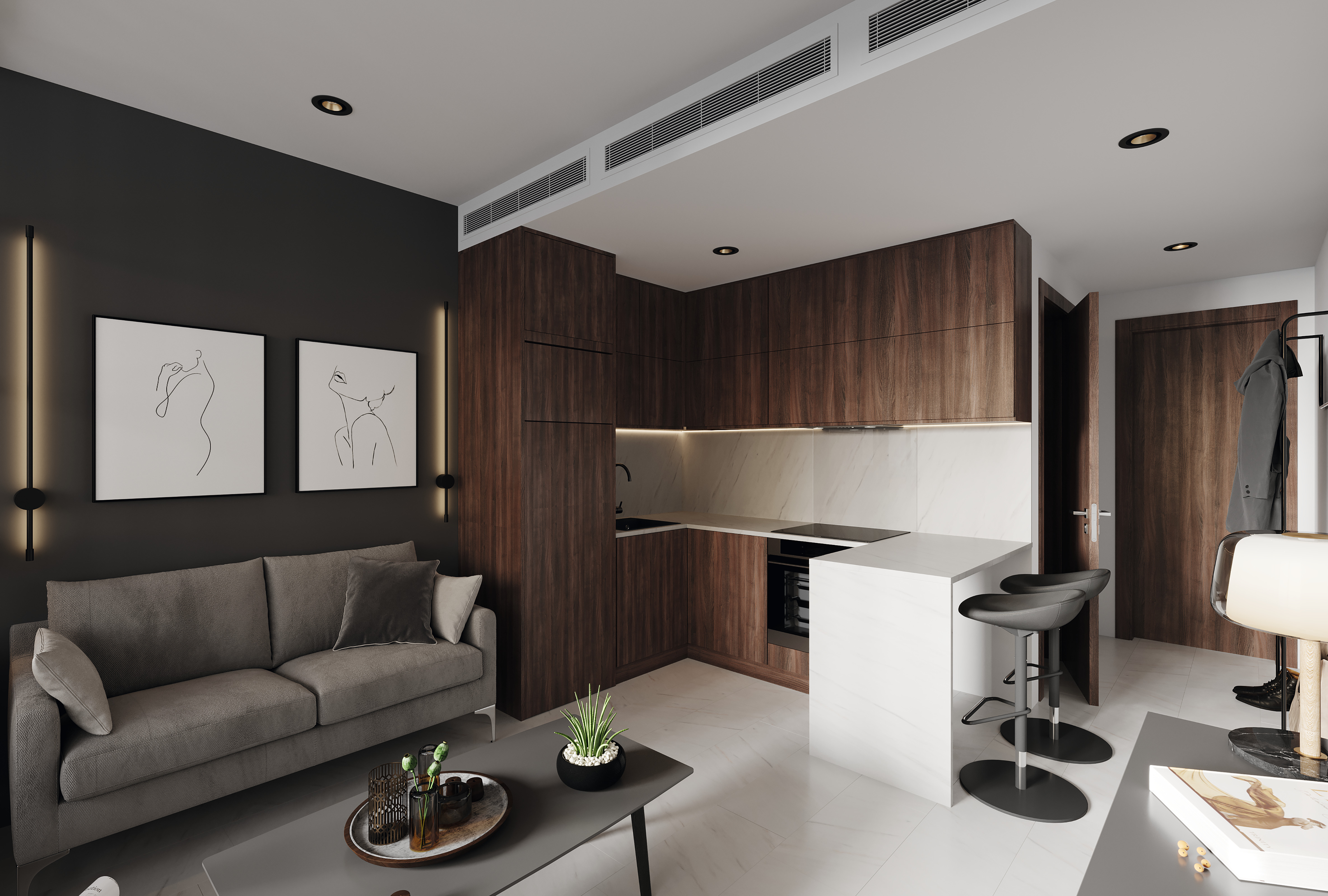
Exotic wood veneers look the part, but with global transportation can yield a hefty carbon footprint as well as cost.
Eurodekor MFC in veneer-like ST19 shares the environmental credentials above and removes the costly additions of international sourcing.
Specifying Eurodekor MFC also removes the need for bonding and treating veneer
Specifying stone or metal?
Natural materials like stone or metal can also be misconceived as sustainable, but it is rarely the case.
Extraction, transportation and specialist fabrication can heighten the cost and the environmental impact of a specification.
Our reproductions offer cost saving, greener alternatives in Eurodekor, worktops and splashbacks. Unbranded stone, for example, can be over 1200% more costly than our stone reproduction worktops
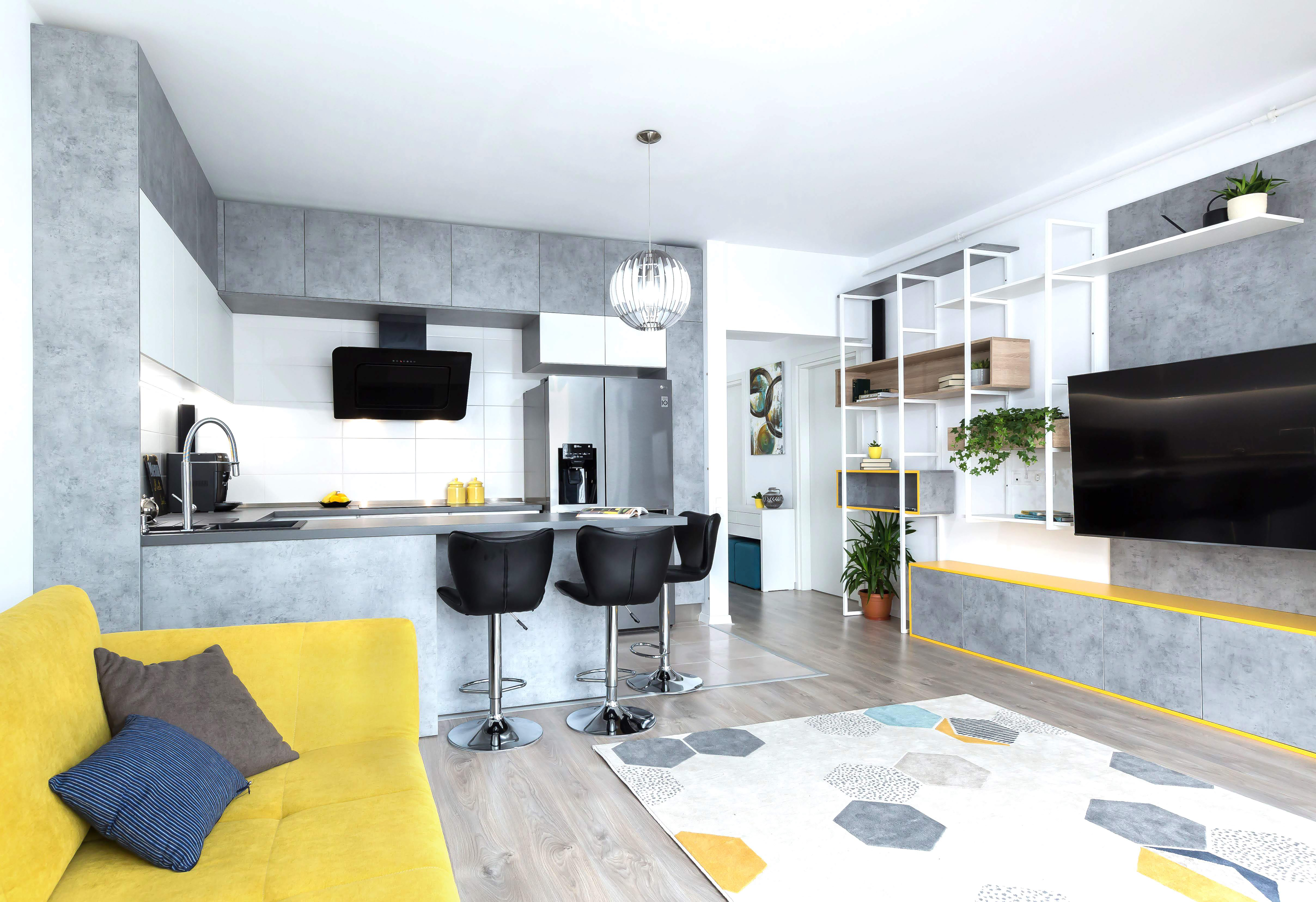
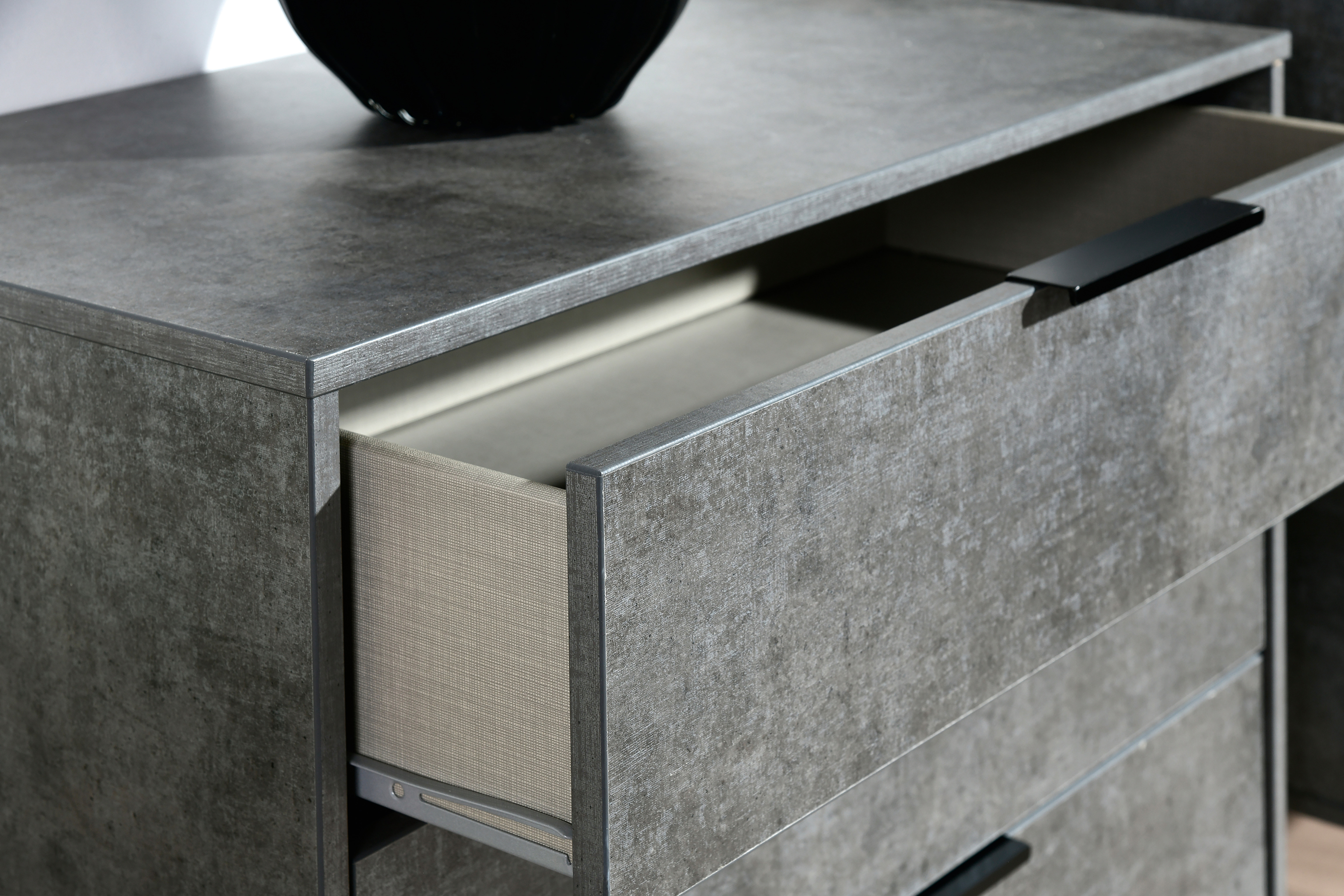
Register at myEGGER today to receiver quarterly issues of Specified direct to your inbox.
Don’t forget to double opt-in to stay informed.


